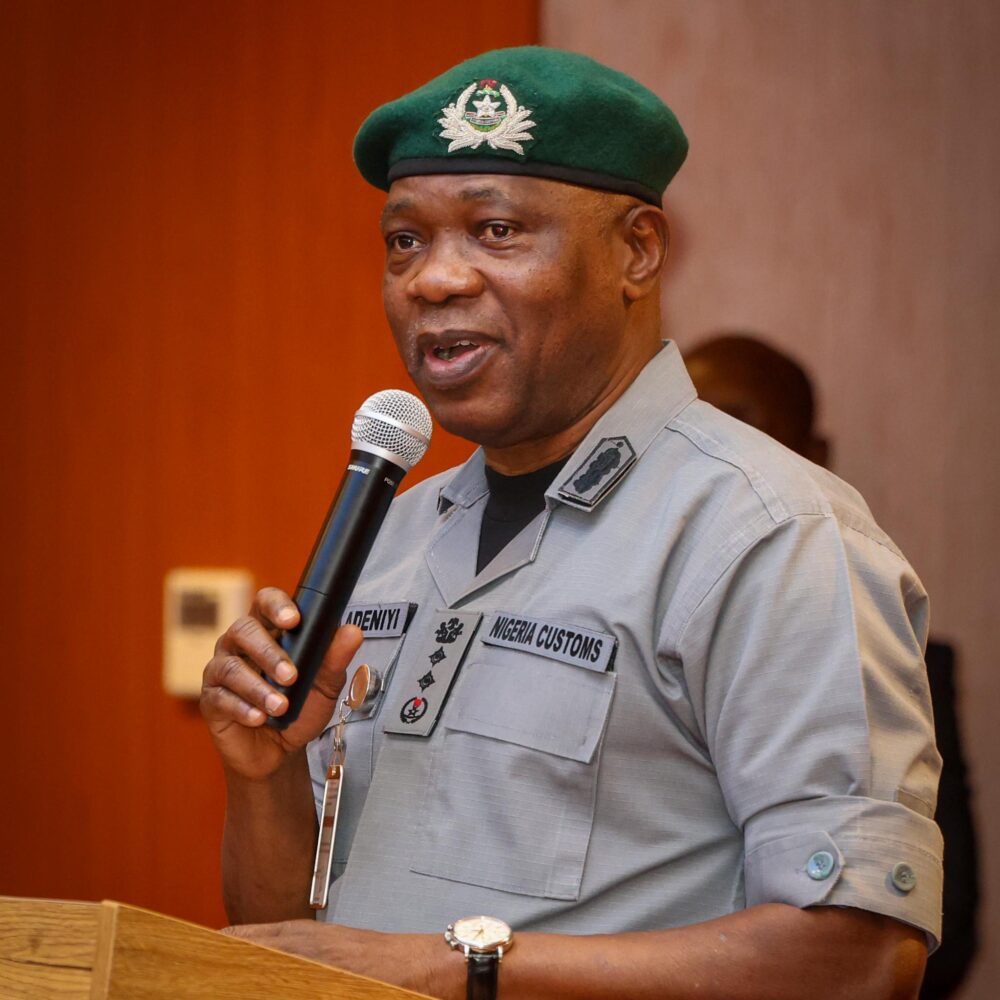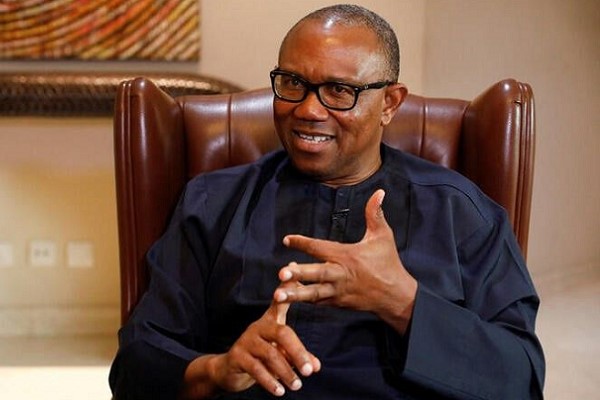Nasarawa State Governor, Engineer Abdullahi Sule, has appealed to the Federal Government, to further complete equipping the Nasarawa State Infectious Disease, Diagnosis and Research Centre, with state-of-the-art facilities.
Engineer Sule made the appeal during the town hall meeting on COVID-19 vaccination, organized by the Presidential Steering Committee on COVID-19, in collaboration with the National Primary Health Care Development Agency, which held in Lafia, on Tuesday.
The governor said completing equipping the facility, will enable the centre meets global standards, as well as reduce the rate of medical tourism for the diagnosis and treatment of viruses.
According to the governor, the recent outbreak of the coronavirus pandemic, not only brought along with it, attendant effect on human lives and global economy, but also exposed the poor state of healthcare centres at all levels.
Engineer Sule explained that the prevailing situation, compelled government at various levels, to evolve measures towards controlling and containing the spread of the virus.
He added that, one of such measures, was the resolve of his administration to strengthen the provision of healthcare facilities across the state, which saw to the completion of the diagnostic centre started by the previous government.
Engineer Sule said the facility was one of the best diagnostic centres in the country, serving as a research hub, crucible for innovation and operational research guiding policy formulation.
While appreciating the presidential steering committee on COVID-19, for staging the town hall meeting in Nasarawa State, the governor said sensitising the people of the North Central Zone, on the importance of taking the COVID-19 vaccine, was not only apt but necessary.
Engineer Sule emphasized that there was every need to take proactive measures for the prevention of the spread of the deadly virus.
He then disclosed that Nasarawa State was among the first two states to receive the AstraZeneca vaccine, with the state recieving a total of 61, 350 doses.
The governor added that already, arrangement has been finalized to commence the second dose of the vaccine, in the third week of May 2021.
Engineer Sule stressed that the event will further boost the sensitisation and mobilization, for the people of the state to accept to take the vaccine, especially against the backdrop of resistance against taking the vaccine on social media.
In a goodwill message, Minister of Health, Dr. Osagie Ohanire, said the event was part of the elaborate sensitisation efforts by the NPHCDA, to create awareness on the significance of taking the COVID-19 vaccination.
According to the minister, since the outbreak of COVID-19 in 2019, the pandemic has claimed millions of lives around the world and has battered global economy.
Dr. Ohanire said since the first case of the pandemic was confirmed in Lagos on February 27, 2020, COVID-19 has taken over 2060 lives and continued to strain the economy of the country, with Nigeria’s GDP falling by 23 percent.
He pointed out the global urgency to find an answer to the threat of COVID-19 to mankind and save lives, drew scientists to a rapid development of vaccines, with unprecedented success so far recorded.
The minister disclosed that Nigeria received 4m doses of the COVID-19 vaccine in March 2021, with over 2m Nigerians receiving the first dose of the vaccine.
He pointed out that the town hall meeting was part of the awareness campaign by the NPHCDA, to inform the people of the significance of taking the vaccine, as well as clarify issues regarding the process of the vaccination.
In his speech, Secretary to the Government of the Federation, who doubled as the Chairman of the Presidential Steering Committee on COVID-19, Boss Gida Mustapha, said the meeting was aimed at providing a forum for the citizens, government, as well as other stakeholders, to discuss one of the greatest challenge confronting the country.
Boss Mustapha used the opportunity of the meeting, to appreciate Engineer Sule, for ensuring enduring peace, especially in such diverse, cosmopolitan satellite settlements around the Federal Capital Territory.
The SGF acknowledged the burden on the state as a result of its proximity to the FCT, particularly in the area of provision of infrastructure and housing, among others.





